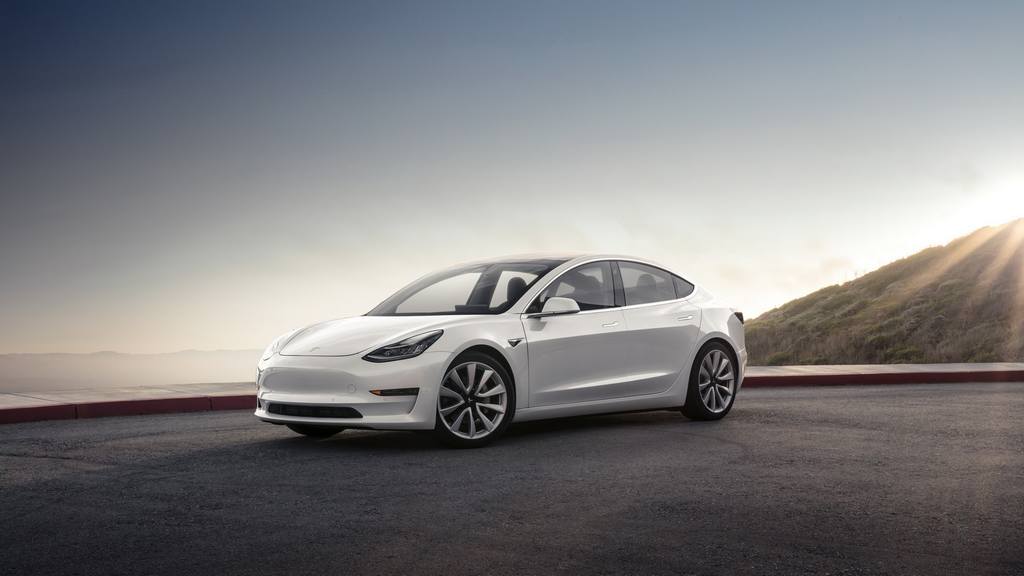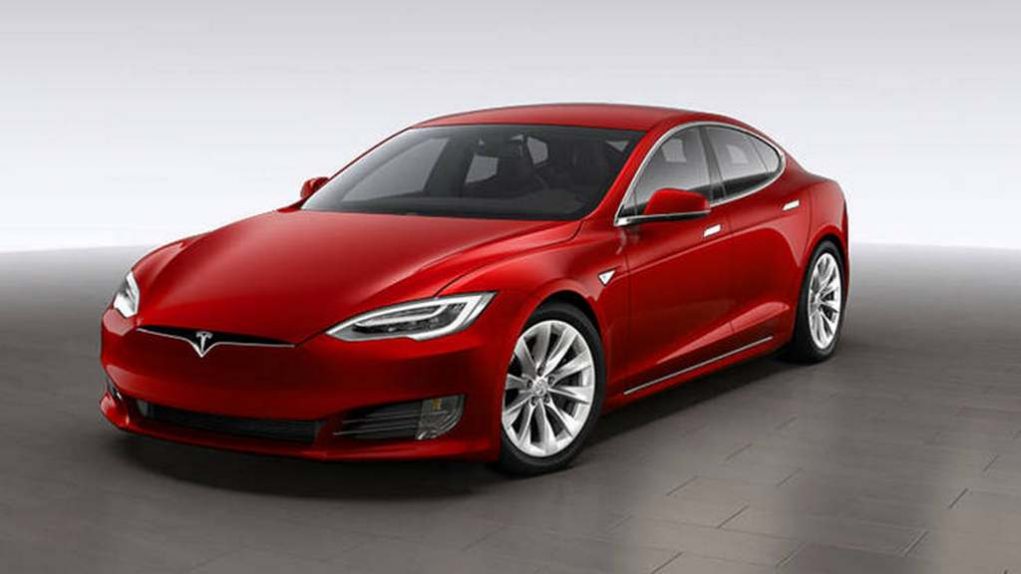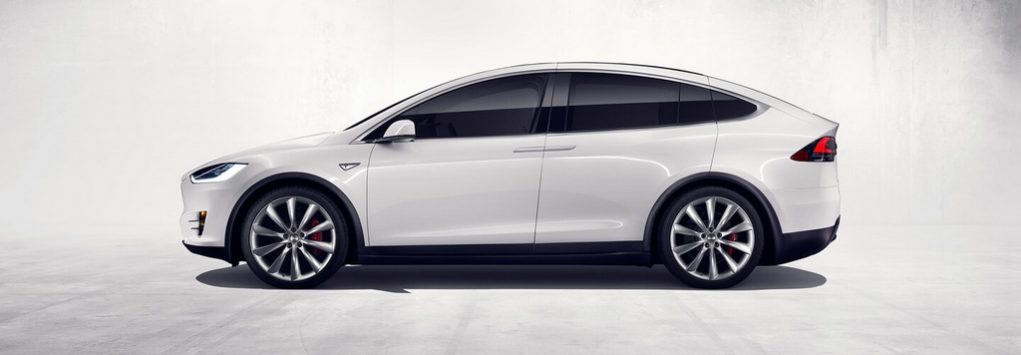
Tesla decided to award China with its first production plant outside US; Indian policy to blame for missing the chance?
It appears Indian government has received a big jolt as American EV manufacturer Tesla has decided to set its manufacturing plant in China. Tesla was considering India for its foreign soil production facility that will act as the hub for Asian market, but decided to award the facility to China. This move certainly comes as a big blow to the Indian government’s dream to introduce zero emission pure electric mobility across the country by 2030.
As the Indian government has said, it wants to introduce all-electric mobility across the country by 2030 by any means, even if it needs to bulldoze the automakers that don’t comply with the policy. Tesla’s possible move to set up an EV plant here was supposed to act a big boost for the Mission EV 2030, but that’s certainly not going to happen now.
Also read: Upcoming Electric Cars in India in Coming Years
Question is why Tesla decided to go to China over India. It is probably the adamant policy of Indian government that didn’t show leniency to the automaker, when it asked for a temporary import tax relief for bringing the Model 3 electric sedan here. On the contrary, China is allowing the brand to set up its own plant in Shanghai’s free-trade zone that will allow the brand to sell its cars there with dramatically lowered price.
While Chinese rule needs the foreign automakers to tie up with a local company to set up production plant in the country, Tesla will enjoy leniency there. Clearly, Indian policy makers need to think and realign the strategy. Not only offering temporary tax exemptions for the brands to bringing electric vehicles as CBU, there are more to think about.
Also read: Mahindra Trying To Pit Pininfarina against Tesla As Separate Electric Brand
While Indian government is adamant about adopting zero emission mobility by 2030, several developed markets are taking more time to reach that goal. For example UK has announced it will ban sale of petrol and diesel cars from 2040, which means it will offer the brands 10 years more than India to introduce pure green mobility. Not only that, Indian government has also denied the suggestion from automakers to use the hybrid powertrain technology to bridge the gap between conventional powertrains and fully electric powertrain tech.


